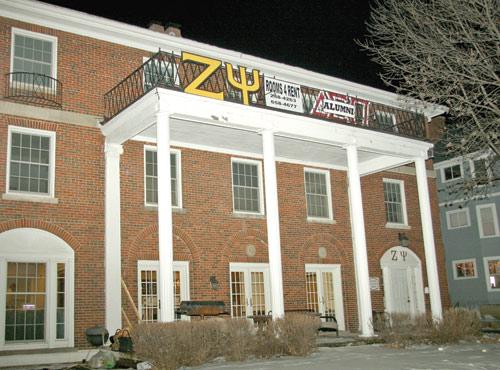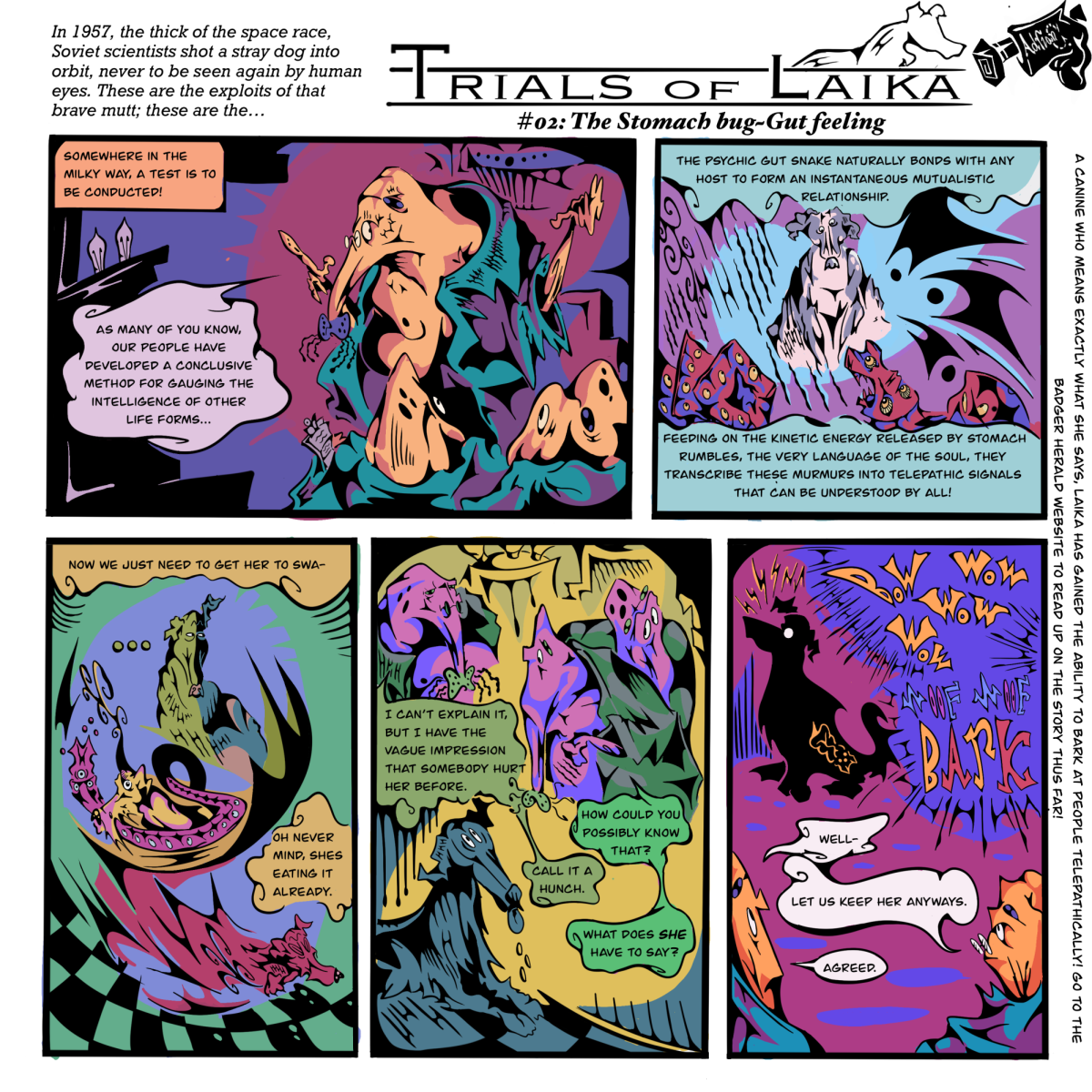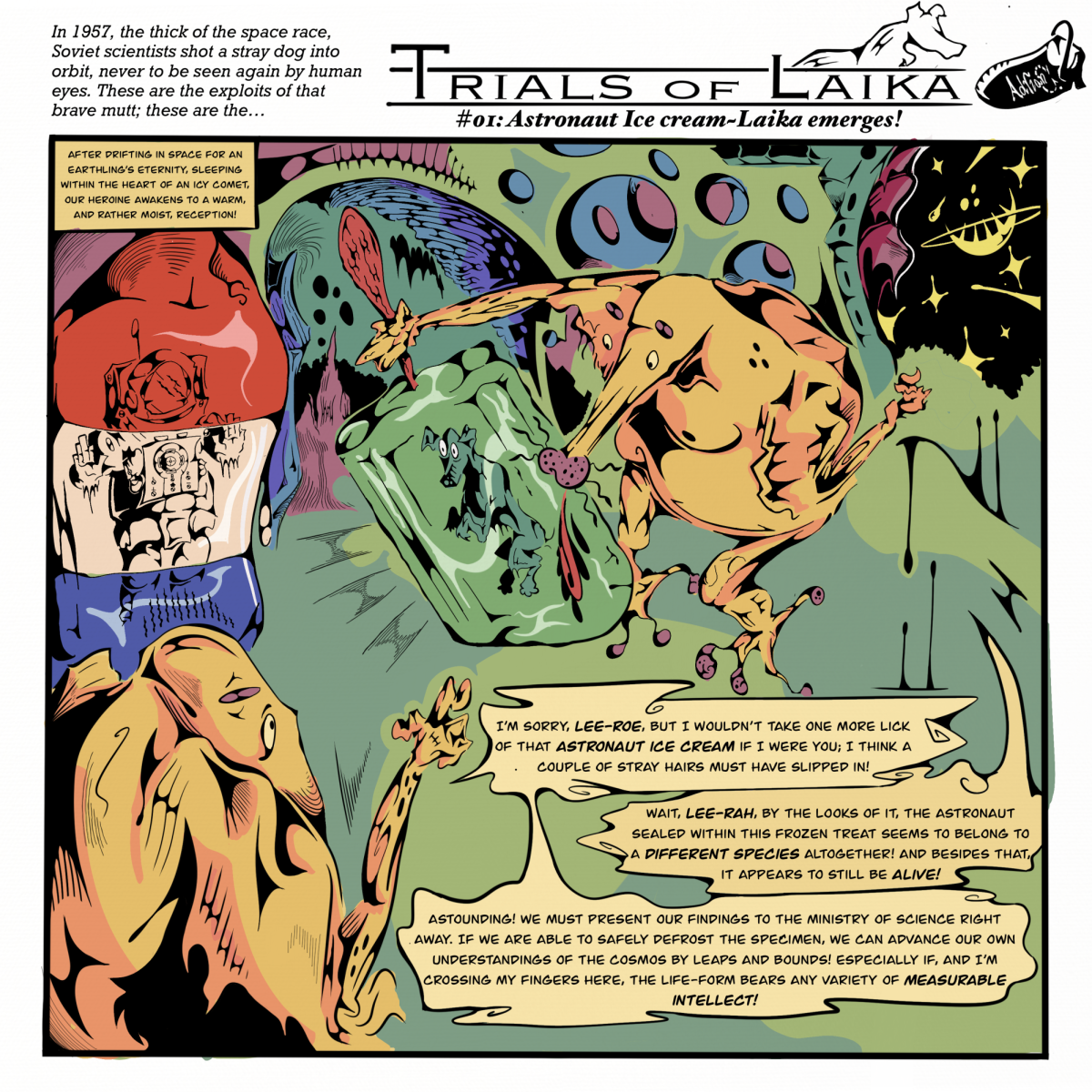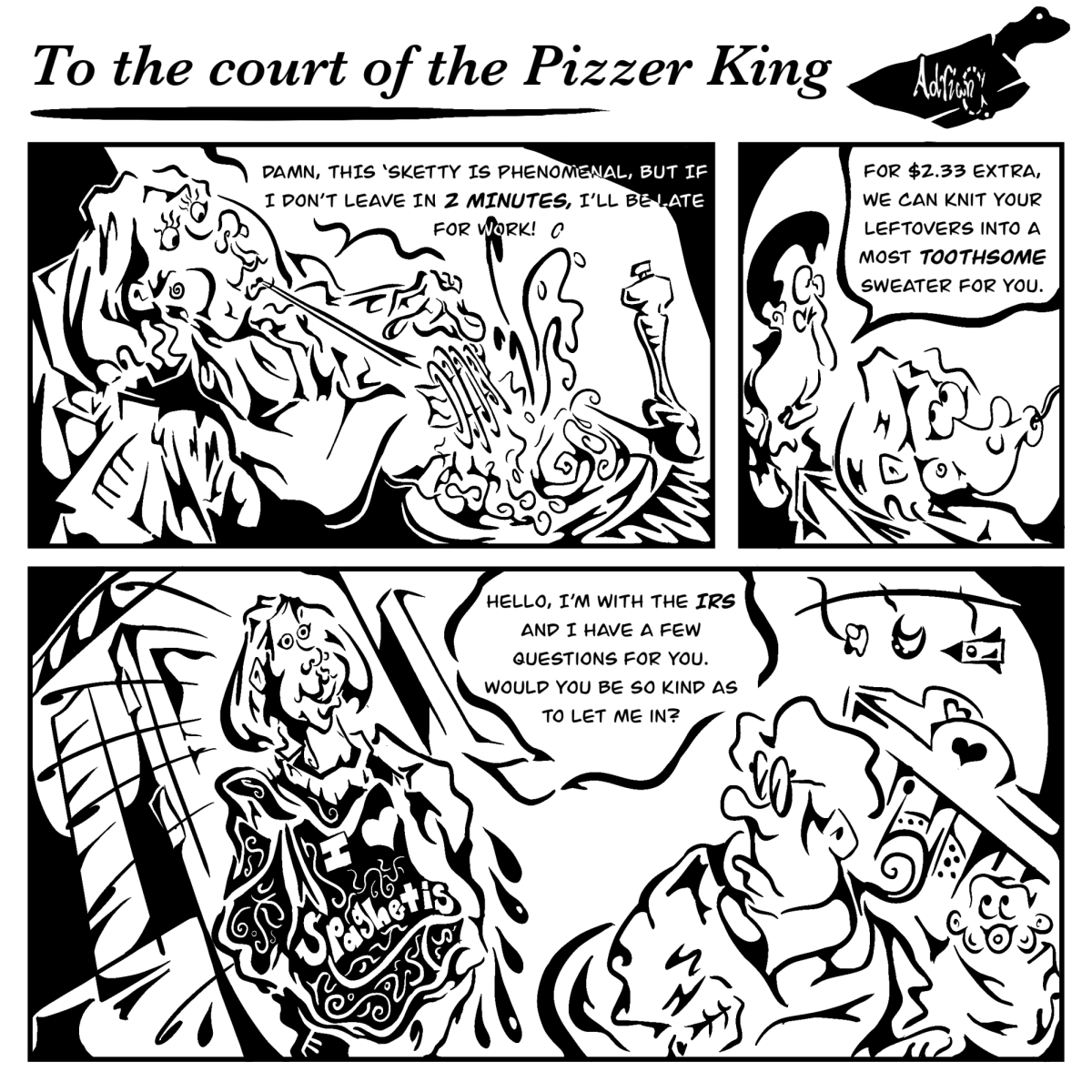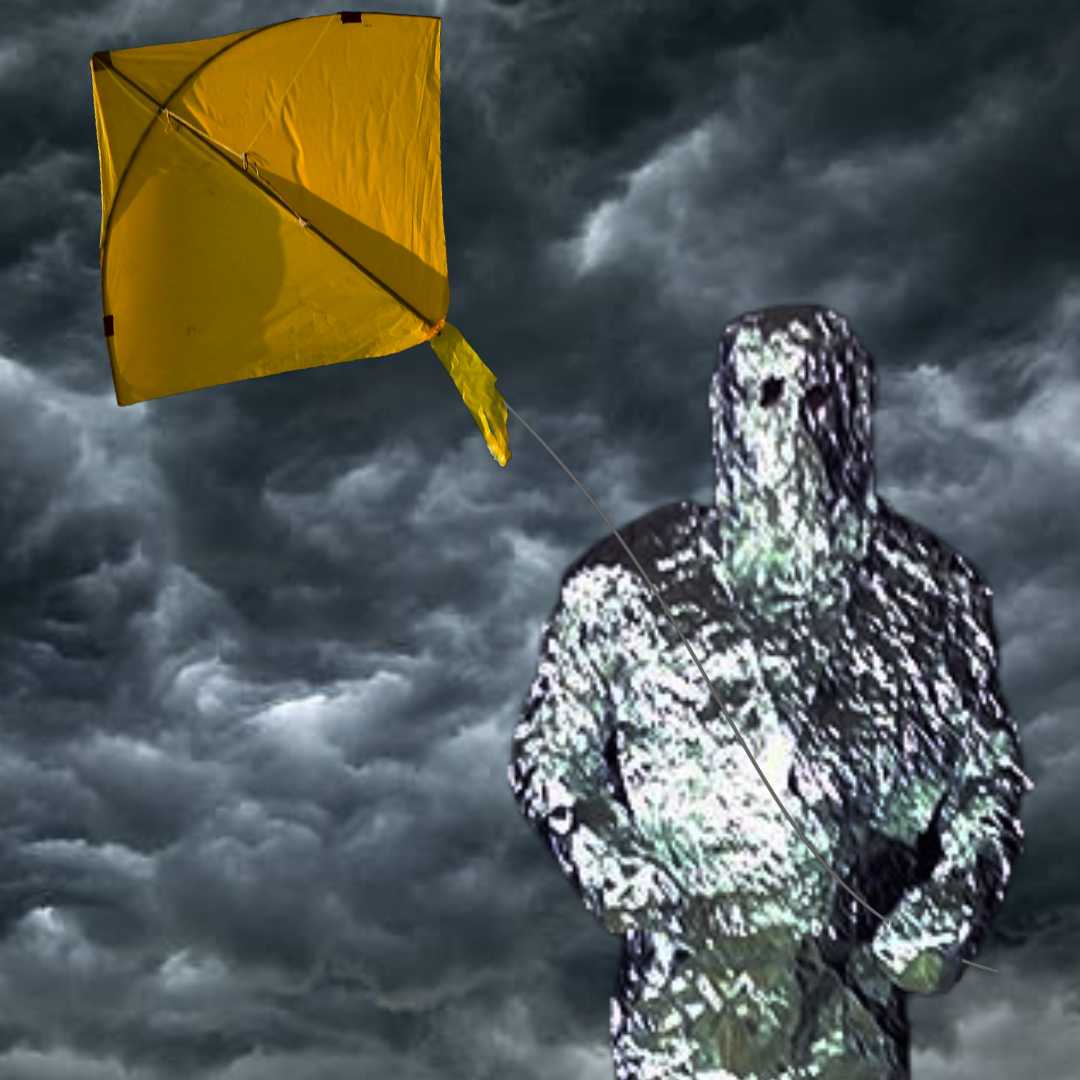As the Mu variant aimlessly flies up South America on its way to the U.S., the world’s scientists are watching in terror as mutations of the coronavirus continue to pop up.
Dr. Xiaoli Hall, a resident at the University of Wisconsin Hospital sat down with the Herald to give insight on the need for more complex designations of COVID-19.
“The [World Health Organization] currently has interest in at least twenty more mutations coming down the pike,” Hall said. “We only have 12 more Greek letters in our pocket before we start doubling and tripling up on names.”
According to Hall, leaving Greek and moving to an alternative alphabet or numbering system is out of the question since no one ever does that.
“That kind of just seems weird,” Hall said.
A word from disappointed freshmen: What the hell is a certificate
In a press conference last week, CDC Director Rochelle Walensky informed the public about a mutation breaking out in Spain.
“The World Health Organization will call this novel variant Alpha Chi Omega,” Walensky said. “Signs and symptoms are mostly in accord with SARS-CoV-2 B.1.1.7, or the UK strain, except your eyelashes grow and you start using claw clips to put your hair up.”
The National Panhellenic Conference, an advocacy organization actively involved in this nation’s sororities, accepts the recent name overlaps.
“As long as the more deadly strains are named after the more problematic chapters, we’re fine with it,” spokesperson Jamie Hernández told the Herald. “Some of these house moms we deal with are so annoying, and an association with a deadly virus could do their egos some good.”
Hernández declined to comment following further questioning into the implication that death should be utilized against sorority admission.
Many students across colleges in the U.S. are responding to the recent uptick in triple-lettered COVID-19 variants in different ways.
Pre-gaming discussion sections: How to absolutely send it in 2021
Riku Tanaka, an international graduate student at Columbia University, considers this choice in terminology a risk to bar conversation on campus.
“If it’s noisy and crowded, someone could be left wondering if they just heard someone’s living situation or their health status, and that’s a weird problem to have,” Tanaka said.
According to Oregon State sophomore Malik Kraft-Mohney, COVID-19 having frat and sorority names enhances health literacy. Some students know more about which Greek houses to fear on their campus, and they can base that judgment on which COVID-19 mutations to be aware of.
“Some of these houses are so harmful and some are completely fine,” Jones said. “If no one knows which COVID strains they should be aware of, as long as they know which frats and sororities to avoid, they’ll at least have some baseline knowledge about the virus.”
The prevalence of new mutations concerns everyone, but COVID-19 carrying this new double entendre has brought a sense of fearlessness to some.
Amanda Langdon, a junior at UC Berkeley, feels no unease over the Pi Kappa Alpha strain which is said to be circulating in the Middle East as of July.
“No, trust me,” Langdon said. “I’ve dated several guys from PIKE. They can’t do much.”
In the end, it’s all about staying safe and vaccinated. There will always be risks, and there will always be more dangerous variations. You just have to be careful about which ones to use caution around.
“As of now, the APhi and SAE strains are ones to keep an eye out for,” Dr. Hall said, finishing up her interview. “But everyone could probably see those ones coming.”


